
States Move to Require Speed-Limiting Tech for High-Risk Drivers
In response to rising traffic deaths, several U.S. states are advancing legislation requiring speed-limiting devices in vehicles driven by repeat offenders or high-risk drivers.
May 7
Auto
Legislation & Regulation
Risk Management
Technology
California
District Of Columbia
Georgia
New York
Virginia

Man Wanted After Allegedly Faking Supermarket Fall to File False Insurance Claim
Authorities in Kittitas County, WA are searching for a suspect accused of staging a fall in a grocery store to file false insurance claims totaling nearly $10,000.
April 18
Fraud
Insurance Industry
Litigation
Property
Washington

Two Fraudsters Admit to $577 Million Cryptocurrency Scam
Two Estonian men have pleaded guilty to running a $577 million cryptocurrency Ponzi scheme that defrauded hundreds of thousands worldwide. They now face up to 20 years in prison.
February 17
Fraud
Legislation & Regulation
Litigation
Technology
Washington

Global Insurance 2025: Navigating Challenges to Achieve Growth
The global insurance industry faces inflation, natural disasters, and shifting demographics but finds opportunities for innovation and expansion into emerging markets.
December 9, 2024
Catastrophe
Property
Risk Management
Technology
California
Florida
New York
Washington
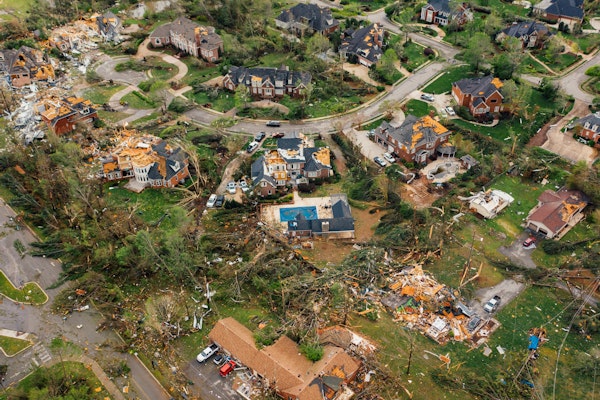
Homeowners Face Triple Disaster Risks and Insurance Gaps
Over 33,000 U.S. homes face extreme risks from three natural disasters, exposing gaps in insurance coverage and highlighting the urgent need for multi-peril resilience planning.
December 3, 2024
Catastrophe
Insurance Industry
Property
Risk Management
California
Florida
Texas
Washington

Legal System Abuse: The New Name Driving Insurance Industry Reform
Insurance leaders at Triple-I’s 2024 Joint Industry Forum rebrand "social inflation" as "legal system abuse" to improve communication and drive legal reform for cost control.
December 3, 2024
Fraud
Legislation & Regulation
Litigation
Risk Management
Florida
Georgia
Kansas
Louisiana
Washington

Thanksgiving Travel Expected to Break Records, Says AAA
Thanksgiving travel this year is expected to surpass pre-pandemic levels, with nearly 80 million Americans traveling by car, air, and other modes, setting new records across the board.
November 22, 2024
Auto
Insurance Industry
Risk Management
California
Florida
Hawaii
New York
Washington
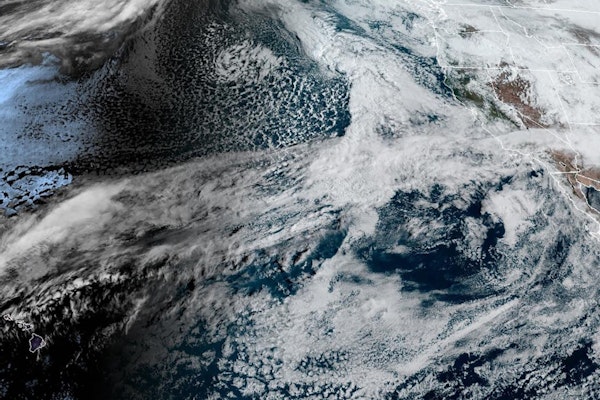
West Coast Faces Extreme Weather: Bomb Cyclone and Atmospheric River Threaten Devastation
A historic bomb cyclone brings hurricane-force winds and mass power outages to the Pacific Northwest, while a converging atmospheric river intensifies the threat with flooding rains.
November 20, 2024
Catastrophe
Property
Risk Management
California
Oregon
Washington

Washington State Fines Lumber Company $126,000 for Multiple Safety Violations
The Washington Department of Labor & Industries is imposing over $126,000 in fines on Fox Lumber Sales following an inspection that found excessive sawdust buildup, fire hazards, and unprotected machinery. The company, which has experienced two fires since opening, is appealing the fines.
November 7, 2024
Legislation & Regulation
Property
Risk Management
Workers' Compensation
Washington
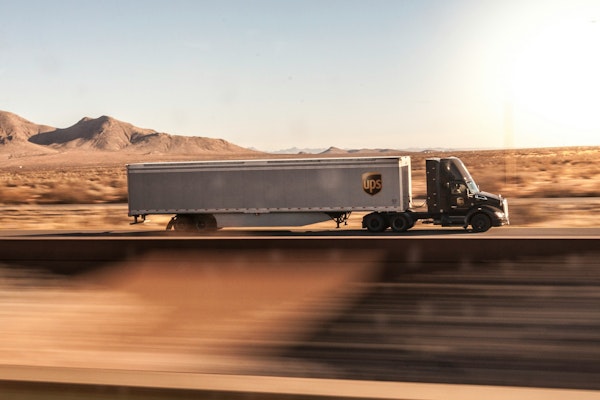
UPS Driver Wins $237.6 Million in Racial Discrimination and Retaliation Lawsuit
A UPS driver was awarded $237.6 million in a racial discrimination lawsuit after a jury found he was subjected to a hostile work environment and unjustly fired. UPS plans to appeal the decision.
September 16, 2024
Litigation
Workers' Compensation
California
Oregon
Washington

Federal Policy Conflicts Could Raise Flood Insurance Costs, Leave Thousands Unaware of Dam Risks
Conflicting federal policies hinder communities from accessing vital dam failure data, potentially raising flood insurance costs and leaving residents unaware of flood risks.
August 26, 2024
Catastrophe
Legislation & Regulation
Property
Risk Management
Arizona
California
Colorado
Georgia
Minnesota
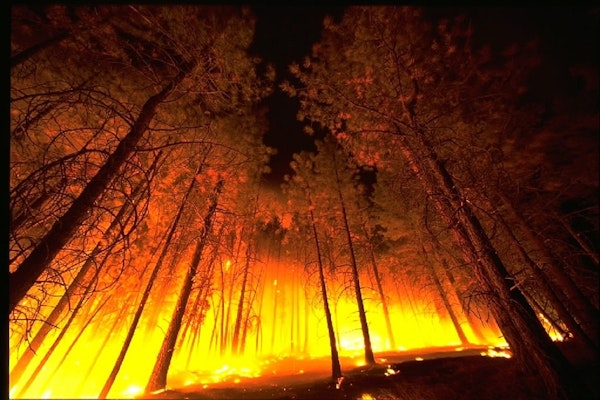
Wildfire Risk Intensifies in 2024: Over 2.6 Million Homes at High Risk in the Western U.S.
As of mid-2024, wildfires have ravaged millions of acres in the U.S., with over 2.6 million homes at moderate or greater risk, emphasizing the crucial role of insurance and risk management in protecting communities.
August 13, 2024
Catastrophe
Legislation & Regulation
Property
Risk Management
Arizona
California
Colorado
Hawaii
Idaho

Multimillion-Dollar Insurance Fraud Ringleader Admits Guilt in Spokane
William Oldham Mize, the mastermind behind a multimillion-dollar insurance fraud scheme involving staged accidents, pled guilty in Spokane Federal Court. The scheme spanned multiple states and involved numerous conspirators, resulting in over $6 million in fraudulent insurance claims.
August 8, 2024
Auto
Fraud
Insurance Industry
Litigation
California
Florida
Idaho
Nevada
Washington

Wood Pellet Plants in Southern U.S. Towns Linked to Health Issues and Pollution
Residents in predominantly Black towns like Gloster, Mississippi, report worsening health and environmental conditions since the expansion of wood pellet plants for renewable energy.
August 1, 2024
Catastrophe
Insurance Industry
Legislation & Regulation
Alabama
Arkansas
California
Louisiana
Mississippi
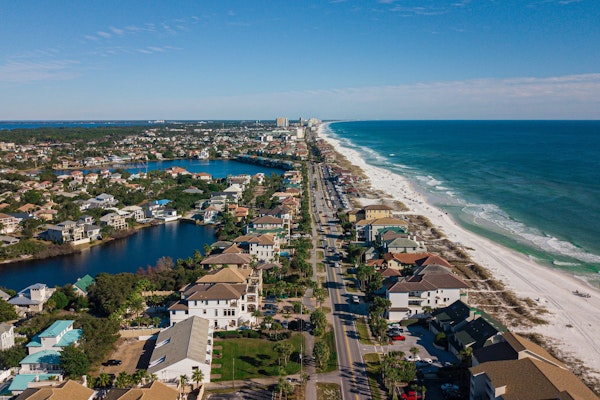
NOAA Proposes $575 Million for Coastal Climate Resilience
NOAA recommends $575 million in funding for 19 projects to enhance coastal climate resilience under the Investing in America agenda.
July 31, 2024
Catastrophe
Legislation & Regulation
Property
Risk Management
Alaska
California
Delaware
Hawaii
Louisiana





